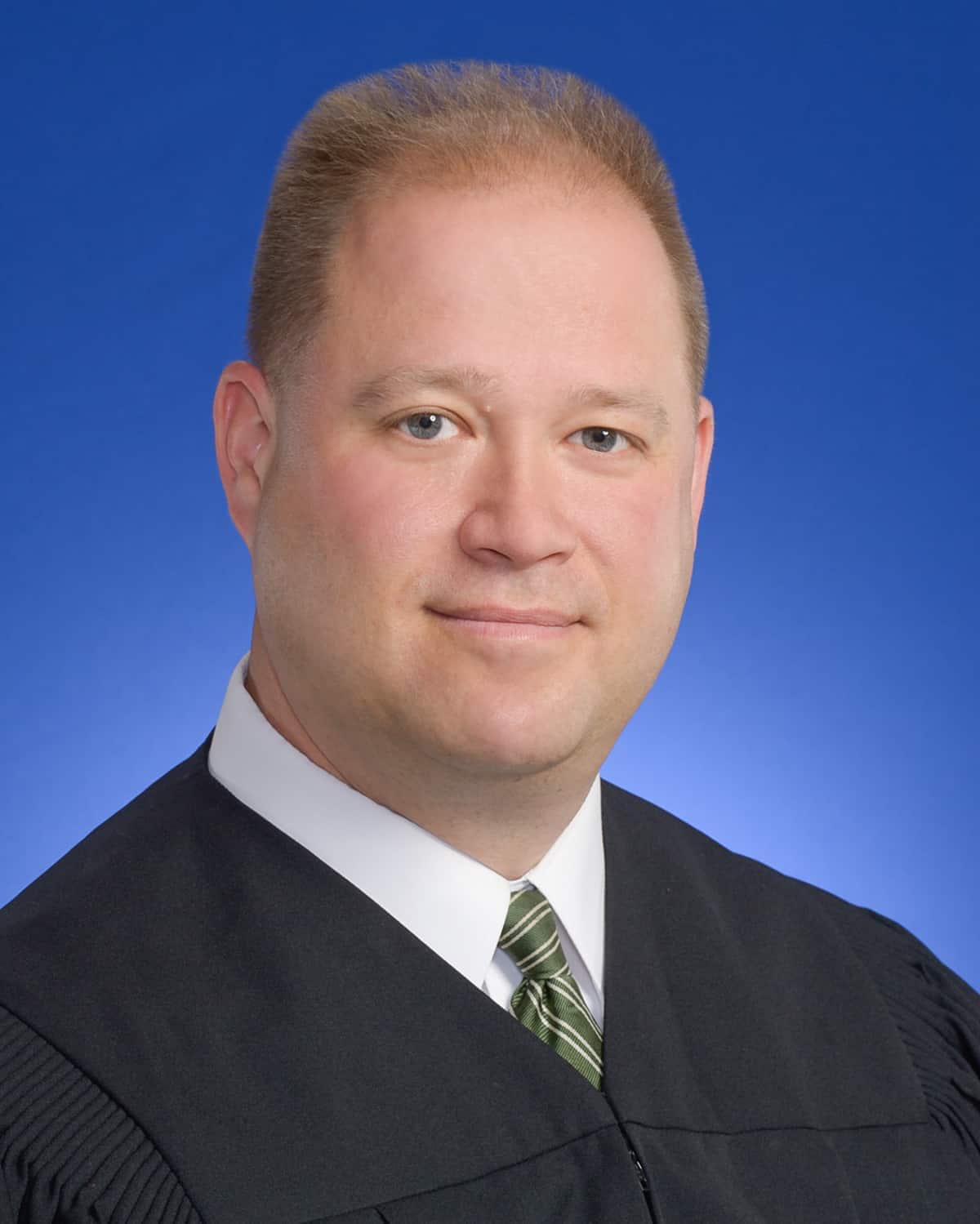

As a judge, I have a lot of authority but no magic powers. I cannot change the past, make people fall in love, or turn unhappy people into happy people. What I can – and must – do is help defendants develop and follow plans to overcome their problems and prevent havoc from spreading in our community.
Working in a busy misdemeanor court provides plenty of chances to make lemons into lemonade. Tami’s story is one that reminds me to watch out for opportunities, especially when things look bleak.
Tami wiped away tears as the probation officer read her most recent violations to a packed courtroom: three drug screens positive for cocaine and marijuana, several missed drug tests, failure to attend mental health and substance-abuse treatment, skipped probation appointments, no payments toward fees. Tami looked and sounded defeated.
When I asked about the allegations, Tami told me her brother had been murdered recently. She held up a copy of his obituary and cried softly as she described a family torn apart by grief and anger. Tami said she was the glue holding her parents and siblings together, even as she feared for her children’s safety. She intended to go to probation appointments and treatment, but her obligations got lost in her family’s chaos.
Tami knows what we all experience: being a grownup is hard! Unfortunately, adult problems can spin out of control if ignored. Parenting is particularly challenging, especially when family members can’t provide support and encouragement. Even under the best circumstances, violence and mental illness can shatter support systems and overwhelm coping skills.
Helping defendants break self-defeating habits and dangerous circumstances is critical to improving safety for our communities and quality of life for families. According to the National Institutes of Health, approximately 1 in 10 adults suffers from substance use disorders. Among addicted adults, as many as 60 percent may have a serious mental illness. If not addressed, other legal, health, familial and financial issues follow mental illness and addiction as predictably and relentlessly as compound interest. However, for families in crisis or individuals who feel beaten down, it can be impossible to imagine a better life without assistance.
Despite her terrible circumstances, Tami came to court as ordered, afraid of going to jail but desperate to find a way out of her pain. We talked about the link between violence, cocaine and our city’s record murder rate. Tami did not know that marijuana can interfere with mental health medications, particularly anti-depressants. She didn’t realize she could talk with her counselors about grief, anxiety and depression.
Tami’s willingness to change her life for the sake of her family gave us a glimpse of her character. By focusing on short-term objectives and engaging in appropriate treatment, Tami returned a month later with a more positive outlook, clean drug screens, and a new prescription to help her battle depression. Her road to recovery will be long and rocky, but she now realizes she doesn’t have to walk alone.
As judges, we watch for things that don’t sound right or seem unusual to spot danger. We also seek positive signs that defendants and families may have more going for them than they realize. When I hear a person tell a story like Tami’s, I know it’s my job to look for a path out of an awful situation – not a path to perfection but to a better place for all of us.
Do you know what to do when a self-represented litigant appears in your courtroom?
Self-representation has increased exponentially. Self-represented litigants (SRLs) now appear on court dockets in almost every case possible, including civil, criminal, felony, domestic relations, traffic, misdemeanor, small claims, probate and administrative cases. Best Practices in Handling Cases with Self-Represented Litigants will help you: recognize when an indigent self-represented party may be entitled to court-appointed counsel; move a self-represented party civil docket expeditiously; use settlement techniques in cases involving SRLs; recognize the limits on assisting self-represented parties; and apply innovative methods and strategies to ensure that these litigants have proper access to the justice system.
Offered October 8–11, 2018, in Reno, NV
Click here for more information and to register.


CHICAGO – The American Bar Association Judicial Division announced recently that TheNational Ju...

The National Judicial College is mourning the loss of former faculty member Judge Duane Harves, who passed ...

As the world manages an evolving natural environment, The National Judicial College announced today that it...

Do’s Manage your cases systematically Devise a system that works for you and your organizational...

After 22 years of teaching judges, Tennessee Senior Judge Don Ash will retire as a regular faculty member a...
